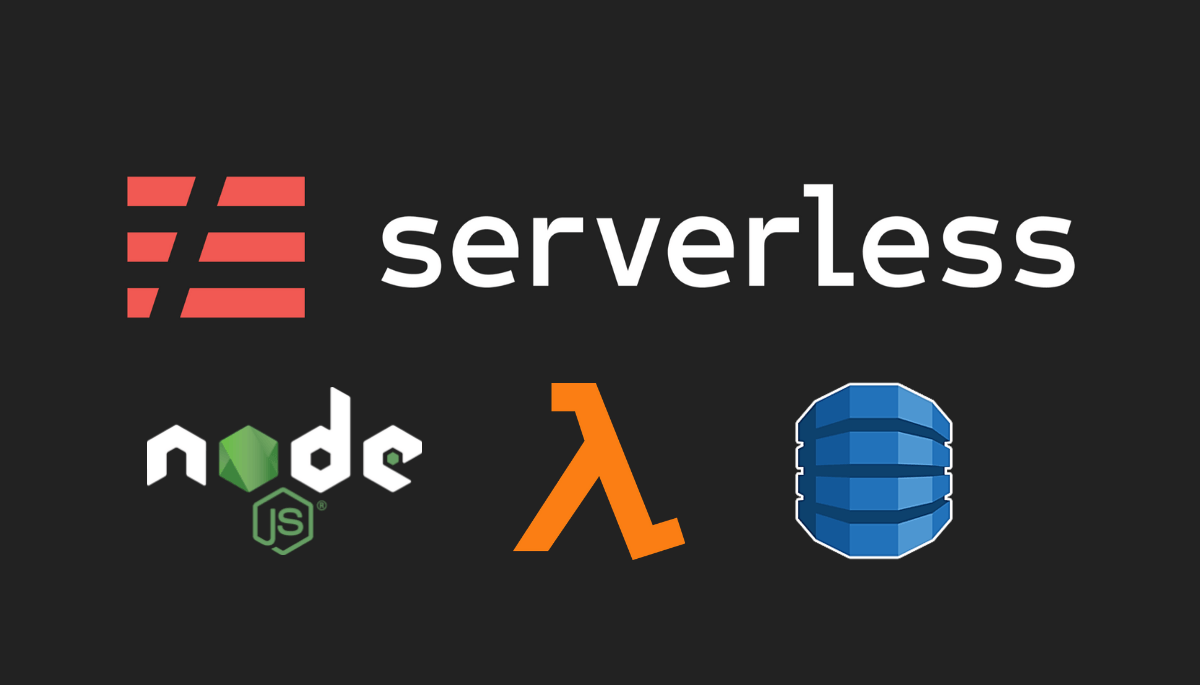WhatsApp Web to Add Voice and Video Calling: A New Era of Communication
April 29, 2025
10 min read

WhatsApp is reportedly developing voice and video calling capabilities for its web-based client, a feature that would eliminate the need to switch between devices to make calls. According to recent findings by WABetaInfo, new call buttons have been discovered in the WhatsApp web interface, suggesting that users will soon be able to make calls directly from their browsers without relying on mobile or desktop applications. This development represents a significant advancement in WhatsApp's multi-platform functionality and could transform how users interact with the world's most popular messaging service.
The Evolution of WhatsApp Calling Features
WhatsApp has gradually expanded its communication capabilities since its founding in 2009. The platform introduced voice messaging in August 2013, allowing users to send audio recordings within chats. This was followed by voice calling functionality in 2015, which enabled real-time audio conversations between users. Video calling came later, launching in November 2016, permitting face-to-face communication for WhatsApp's growing user base.
The rollout of these features has historically been cautious and methodical. As noted by The Verge, "WhatsApp launched in 2009, but group chats didn't come until two years later, and voice calls didn't come until four years after that". This measured approach reflects the company's commitment to ensuring stability and security across its platform before introducing new functionalities.
Current State of WhatsApp Calling
Currently, WhatsApp users who wish to make voice or video calls must use either the mobile application or the dedicated desktop applications for Windows or macOS. The web version, which runs in browsers like Chrome, Safari, and Firefox, has been limited to messaging functionality despite its popularity for day-to-day communications.
This limitation has created a fragmented user experience, requiring individuals to switch devices or applications when wanting to transition from chat to call. Many users have been requesting integrated calling features for the web client for years, particularly as remote work and digital communication have become increasingly central to daily life.
The New Web Calling Feature
The latest beta version of WhatsApp Web shows promising developments toward integrated calling. Screenshots shared by WABetaInfo reveal new video and voice call icons positioned in the chat header, next to the search and menu buttons. This interface change suggests that the calling functionality will be implemented similarly to how it appears in the mobile application, providing a familiar experience for users.
According to reports, this feature has been in testing for several years. As early as December 2020, WhatsApp was reportedly rolling out audio and video calls for the web and desktop applications to a limited number of users. At that time, the feature included a "beta" label, indicating it was still under development. The recent reappearance of these features in 2025 suggests that WhatsApp may finally be ready for a broader implementation.
Benefits for Users
The addition of calling features to WhatsApp Web would offer numerous advantages to users. First, it would provide greater flexibility in how and where people communicate. Users could seamlessly switch between typing messages and initiating calls without changing devices, creating a more integrated communication experience.
For individuals who primarily work on computers, the ability to make calls directly from the browser would eliminate the need to pick up their phones or open separate applications. This could be particularly valuable in professional settings where multiple tools and platforms are already in use.
Additionally, the web interface would potentially offer a larger screen experience for video calls compared to mobile devices, making group conversations more visible and enhancing the overall quality of communication.
Technical Considerations and Implementation
The introduction of calling features to the web client builds upon WhatsApp's multi-device capability, which was first announced in July 2021. This technology allows users to access WhatsApp on up to four non-phone devices simultaneously, even if their phone is offline or the battery is dead.
As explained in Meta's engineering blog, implementing this capability required a complete rethinking of WhatsApp's architecture: "We had to rethink WhatsApp's architecture and design new systems to enable a standalone multi-device experience while preserving privacy and end-to-end encryption". This foundational work has likely paved the way for web calling functionality by establishing secure, independent connections between devices.
A critical aspect of WhatsApp's multi-device approach is maintaining end-to-end encryption across all platforms. The company has developed technologies to sync data across devices while ensuring the same level of privacy and security that users expect. This commitment to encryption would presumably extend to voice and video calls made through the web client.
Timeline and Availability
While WhatsApp is clearly testing calling features for the web client, the exact timeline for a full public release remains uncertain. The feature has been spotted in beta testing, suggesting it is in advanced stages of development. Based on WhatsApp's historical patterns, the company typically conducts thorough testing before wide deployment of major features.
It's worth noting that WhatsApp has previously tested web calling features without immediate public release. In 2020, reports indicated a limited rollout was underway with plans for expansion "in a few weeks". The reappearance of these features in 2025 may indicate that technical challenges have been resolved and a broader release is imminent.
According to News18, "We are hoping this is not another false dawn for the popular WhatsApp feature and the company finally manages to release the public version for everyone in the next few months". This sentiment reflects the long-anticipated nature of this feature and the community's eagerness for its arrival.
Conclusion
The addition of voice and video calling to WhatsApp Web represents a significant evolution in the platform's functionality. By eliminating the need to switch between devices for different types of communication, WhatsApp is moving toward a more seamless, integrated user experience across all its platforms.
This development aligns with broader industry trends toward unified communications and reflects WhatsApp's continued efforts to enhance its service while maintaining its commitment to security and privacy. For the billions of active WhatsApp users worldwide, the ability to make calls directly from a browser could transform how they connect with friends, family, and colleagues, making digital communication more accessible and convenient than ever before.
As WhatsApp continues testing this feature, users should keep their web clients updated to ensure they receive the functionality as soon as it becomes available. With the persistent growth of remote work and digital communication, this enhancement couldn't come at a more opportune time.


